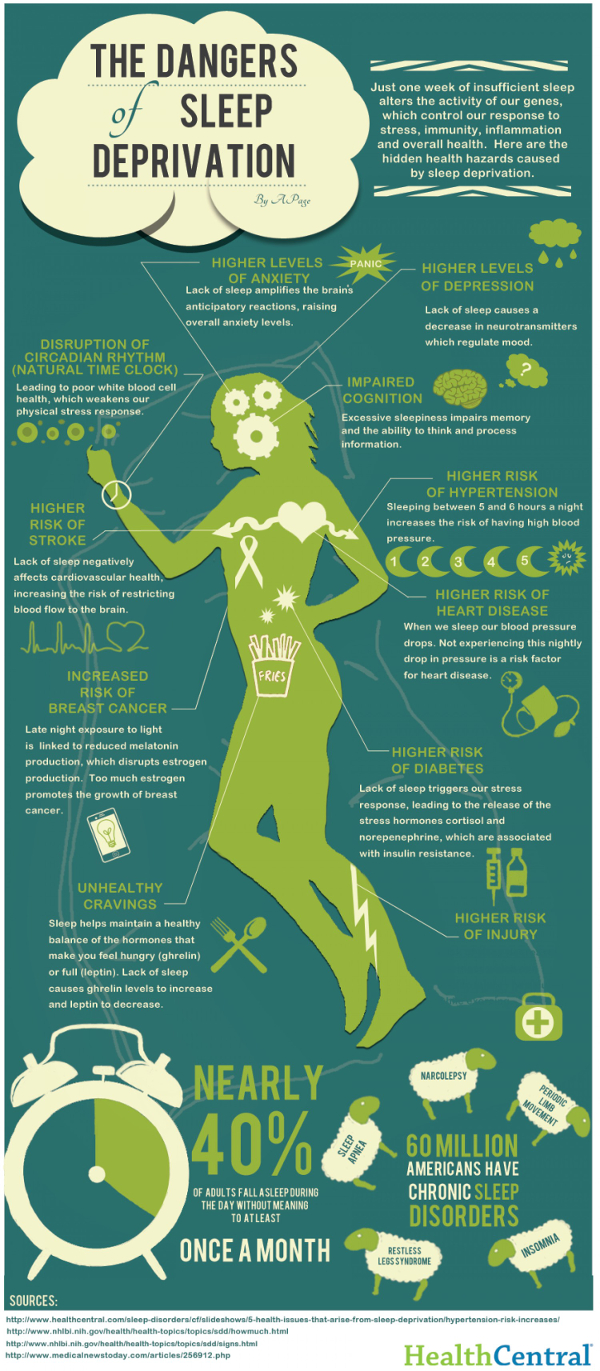Dear Sleep, I’m sorry we broke up, can we work something out?
01 Feb 2025
I never gave much credit to the amount of sleep I got until we had our son. Whoa, what a shock to the system that was! Walking around like zombies for months on end, we were exhausted on all levels - physically, emotionally, mentally and spiritually. It is amazing how sleep deprivation can really change a person and dramatically increase one’s stress levels. The inability to concentrate, clumsiness, loss of memory, crazy mood swings and cravings for unhealthy foods kept this vicious cycle of stress and exhaustion going for much longer than it should have.
“Sleep when the baby is sleeping” was the advice given from well meaning family, friends and maternal health nurses. All good in theory but not so good in practise when your little one didn’t like to sleep longer than 20 minutes for naps during the day and woke every 2 hours at night. Glad those days have passed and life has returned to a somewhat normal sleep routine. If I had the skills and knowledge back then to what I have now, things may have been a little different. The natural sleeping pattern of a baby I can’t change but the way I deal with it, I have complete control over.
If you are experiencing sleep deprivation, whether it be from children, snoring partners, shift work, staying up all night studying, procrastinating, partying or whatever, it is important to be aware of how detrimental this can be to your overall health and wellbeing. From lowered immunity and an increase in blood pressure to feelings of anxiety and depression, sleep really is something we must see as equally as important as food and water. The body requires adequate time to rest, recover and recuperate to keep us working at an optimal level. Without it we are like batteries running on low, poorly functioning and ready to collapse at any given moment.
To summarise some of the effects of sleep deprivation, I came across this great infographic put together by Health Central which gives an easy to follow visual overview. Take a look:

On the National Sleep Foundation’s website, I read that humans were the only mammal to willingly delay their sleep. Why, oh why do we do it to ourselves? Today we have so many distractions keeping us awake – television, social media, deadlines that need to be met, the illusion that we can get more time out of the day by staying up later or even the stress of not being able to sleep, all contribute to the quality and quantity of the sleep we do get. Sometimes it is our attitude that needs to change so that we stop imposing negative behaviours and habits on ourselves, other times it maybe something within our environment or our lifestyle that needs to be addressed. Whatever the case may be it is worth investigating further and making changes to ensure the sleep you get is right for you.
So how much sleep do you actually need and where do you get further information? The National Sleep Foundation and the Australasian Sleep Association are two very resourceful websites with a plethora of information available online. If you are looking at something more personalised on what might be specifically inhibiting you from getting the best sleep possible (eg. emotional, physical or mental stressors, environmental or lifestyle factors, nutritional deficiencies, etc), then muscle testing, as used in kinesiology, is a brilliant tool that assists in identifying imbalances and correction techniques so that your ideal sleep can be obtained. Give it a go, you may be pleasantly surprised by the results!If you are interested in participating in a research project of the effectiveness of kinesiology in increasing the quality and quantity of sleep, please click here to view more information. The study is running from 20th Feb 2015 to 31st July 2015. Alternatively, you may contact me directly to participate or arrange an appointment.